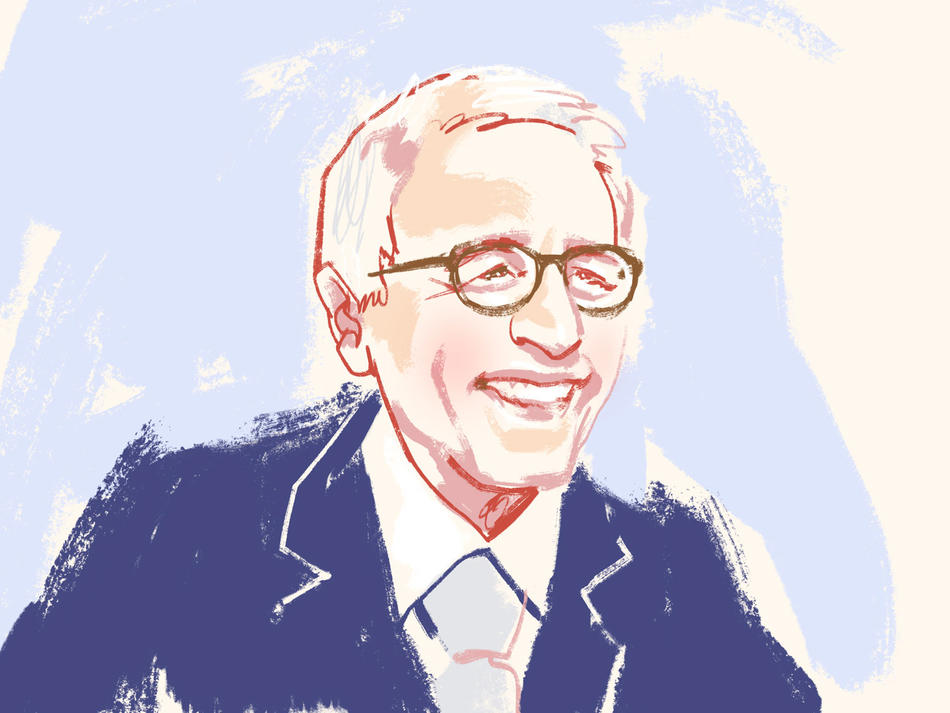Reynold Levy ’73LAW has led many influential nonprofits, including the Robin Hood Foundation, Lincoln Center, and the International Rescue Committee. In his new book, Start Now, he gives advice on building a career that offers both professional and personal satisfaction.
We get the sense that matching people with meaningful work is something of a mission for you.
It’s less of a mission and more of a calling — and I mean that literally. As someone who’s been actively involved in several philanthropic enterprises, I’m often called upon to offer advice. What I’ve learned over the years is that people want to lead a life that matters, and that includes finding meaningful, soul-satisfying, productive, and lucrative work. With Start Now my objective was to capture the lessons I’ve learned and offer a thoughtful guide to finding not just a job but a job that fits you like a bespoke suit.
What’s the best way to find meaningful employment?
The key is to take control of your career development. If you want to find a better job, make a career shift, or get a promotion you should be preparing for that transition well before you have to make it. The book is called Start Now because the worst time to look for a meaningful job is when you need one.
So you should be building a network?
Yes, and building a network of real relationships is time-consuming. It requires frequent communication with current and former colleagues, classmates, friends, and acquaintances. In the quest for that dream job, hustle eats strategy for breakfast, and connecting with people on social media is not enough. My advice would be to look at your calendar every month and ask yourself, “Who am I talking to this month? Who am I meeting with? What am I reading?” Give me the answers to those three questions, and I will predict whether your career journey is going to be a productive one.
Levels of job satisfaction are pretty low right now. Why is that?
Managing people — attracting them, recruiting them, and then motivating them with recognition and professional development — is an art form. It’s also hard work, and unfortunately many people aren’t very good at it. Another factor is that in the last few decades, the working and middle classes have not seen significant wage increases. If they are working hard but not enjoying the financial benefits of doing so, they probably feel like they’re running on a treadmill.
But many people who come to you for advice are enjoying lucrative careers.
Well, they could be in jobs that position them for success but not for social consequence. For example, a lawyer might have wanted to make senior partner, and now, fifteen years later, he or she might have reached that goal and be looking around thinking, “This can’t be all there is.” People often start to feel burnout, boredom, and stress because they know something is missing from their lives.
Does that mean they need a new job?
Perhaps, but for many that emptiness and drift is only tangentially connected to their vocation. I often advise people who feel as if they are in a professional rut to look outside of work. How can you reconfigure your life to leave more room for personal growth, social connection, and civic engagement? How can you contribute to your community?
Those who find their jobs less than fulfilling may well find that their participation in church, volunteer work, mentoring, or some other public service delivers a great deal of satisfaction.
Any specific advice for fellow alumni?
The alumni network is important, but I would encourage Columbians to reach outside it to more diverse groups. They should indulge their intellectual and social curiosity but also test themselves by volunteering and consulting. It’s not enough to find out what you’re good at: you also have to find out what gives you gratification. It’s easy to get too comfortable and slip into professional ruts, so I encourage all types of exploration. But I’m also a realist. There are limits to the number of people we can meet, the organizations we can encounter, and the network we can nurture. That’s why I also suggest purposeful reading. Reading gives us a better appreciation of the world and our place in it. Exposure to personalities, ideas, and institutions in books and periodicals will help you in your pursuit of a deeply informed and enriching life. Fortunately, I have no reservations about recommending reading to my fellow alumni. Columbians are gluttons for intellectual punishment



